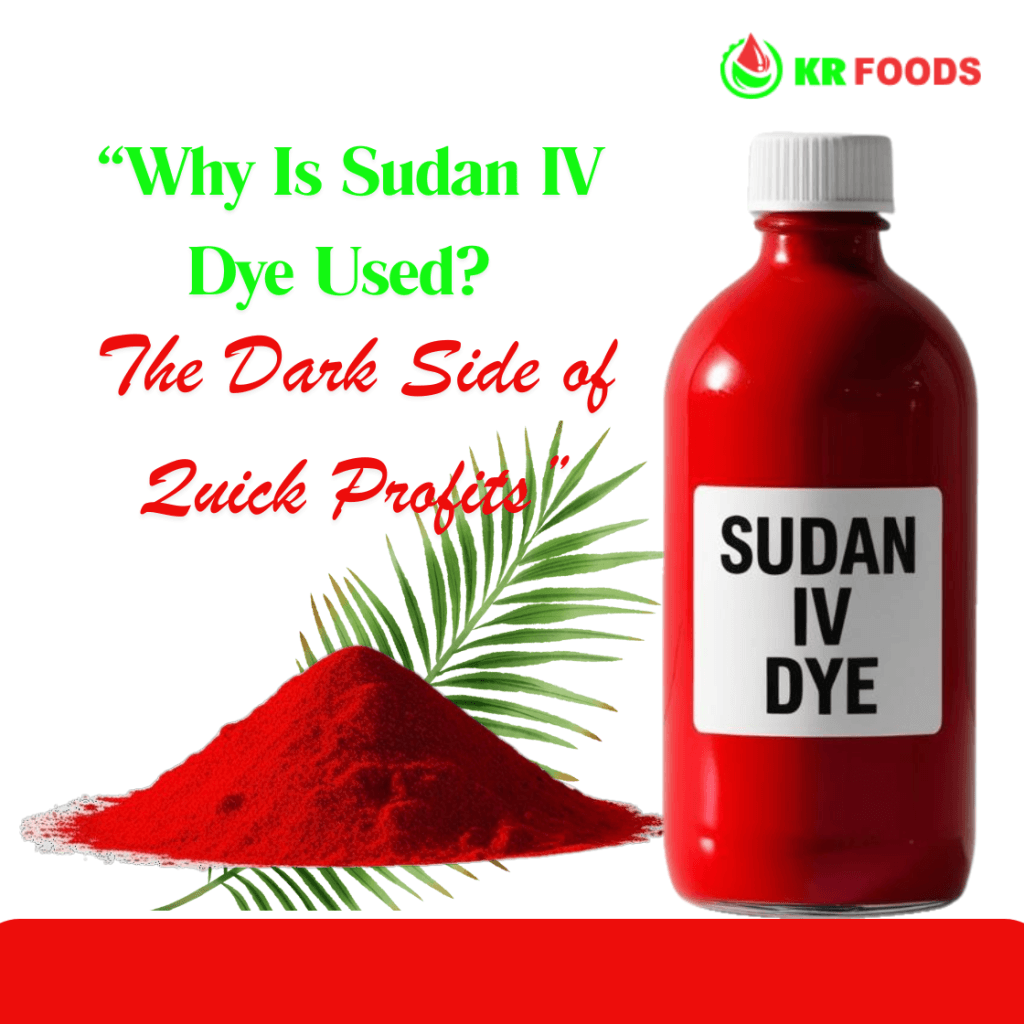https://youtube.com/watch?v=J7f6ncd0Ii0&t=140s
Palm oil, a staple in Nigerian kitchens, is revered for its rich flavor, vibrant color, and cultural significance. However, the industry faces a disturbing trend: palm oil adulteration. This malpractice is not just an economic scam; it’s a public health time bomb. As consumers, we must confront this menace and make informed choices to protect our health and that of our loved ones.
What is Palm Oil Adulteration?
We can define adulteration as a process that involves the addition of foreign substances to palm oil to increase volume or enhance appearance. Common adulterants include:
- Dyes and chemicals: Such as Sudan IV, an industrial dye banned in food production.
- Other oils: Cheaper, lower-quality oils are mixed to reduce costs and increase volumes.
- Cassava starch or Lard: Used to thicken diluted oil.
These substances can have severe health implications, transforming a nutritious product into a silent killer.
Why is Palm Oil Adulteration Prevalent in Nigeria?
- Unregulated markets: The informal nature of Nigeria’s palm oil supply chain allows unscrupulous practices to flourish. Unattended, this practice has led to a massive proliferation of adulterated palm oil products. This practice becomes acute during the off-season of palm oil production.
- Profit motives: Adulteration increases volume, maximizing profits for dishonest producers.
- Lack of consumer awareness: Many consumers prioritize price over quality, unaware of the hidden dangers. This begs the question; what is your health worth to you?
- High demand: Nigeria’s annual palm oil consumption exceeds 2.5 million metric tons, creating opportunities for exploitation due to the production gap of over 600MT.
The Health Risks of Adulterated Palm Oil
Adulterated palm oil poses grave dangers to consumers, including:
1. Carcinogenic Risks
Sudan dyes, often used to give palm oil a vibrant red hue, are classified as carcinogens. Continuous exposure can lead to various cancers, including liver and bladder cancer.
2. Organ Damage
Toxins in adulterated oil can damage critical organs like the liver and kidneys. Research has linked long-term consumption to kidney failure and chronic liver disease.
3. Digestive Issues
Adulterants like starch disrupt digestion and may cause bloating, cramps, and diarrhea.
4. Hormonal Disruption
Some chemicals interfere with hormone regulation, potentially leading to reproductive issues.
5. Compromised Nutritional Value
Adulteration reduces the oil’s rich composition of Vitamin AD3, essential for vision and immune health, leading to nutritional deficiencies.
Shocking Statistics
- A study published in the Journal of Food Quality found that 36% of palm oil samples from Nigerian markets were adulterated with Sudan dyes.
- The World Health Organization (WHO) attributes nearly 200,000 annual deaths globally to food-related toxic exposures, with adulterated oils as a significant contributor.
- Nigeria, once the largest global producer of palm oil, now imports 25% of its palm oil needs.
How to Identify Adulterated Palm Oil
Consumers must stay vigilant. Look for these red flags:
- Unnatural red hue: Bright, unnatural colors may signal chemical dyes.
- Unusual taste or odor: Off-putting smells or metallic tastes indicate contamination.
- Thick residue: Starchy or cloudy residues at the bottom of the container are signs of tampering.
A simple home test: Mix a small amount of palm oil with water. Shake and let it settle. If the oil separates unnaturally or changes color, it might be adulterated.
The KR Foods Solution
At KR Foods, we believe every Nigerian deserves access to safe, nutritious, and unadulterated palm oil. Our commitment to quality assurance ensures that every drop of our oil is:
- 100% natural: No dyes, chemicals, or additives.
- Traceable: We partner directly with smallholder farmers to ethically source and process palm fruit bunches into quality unadulterated, traceable palm oil, guaranteeing transparency from farm to table.
- Affordable: Despite premium quality, we prioritize affordability to serve every household.
KR Foods palm oil is carefully processed using advanced techniques to retain its natural richness while eliminating impurities. With KR Foods, you can cook with confidence, knowing your meals are not only delicious but safe for your family.
Join the Fight Against Adulteration
Consumers hold the power to demand change. Here’s how you can help:
- Spread awareness: Share this article to educate friends and family.
- Choose trusted brands: Insist on quality over cost.
- Support local producers: Patronize brands like KR Foods that prioritize transparency.
- Report suspicions: Alert regulatory bodies like NAFDAC if you encounter adulterated products.
Conclusion
Palm oil is more than a cooking ingredient; it’s a cultural treasure and a critical source of nutrition. Adulteration tarnishes its reputation and endangers lives. By choosing trusted brands like KR Foods, we can safeguard our health, protect our economy, and preserve this vital resource for future generations.
Let’s say NO to adulteration and YES to safe, natural palm oil. With KR Foods, you’re not just buying oilyou’re investing in your health, your community, and the future of Nigeria’s palm oil industry.
Contact KR Foods today to place your order or learn more about our quality standards. Together, we can cook a healthier future!
